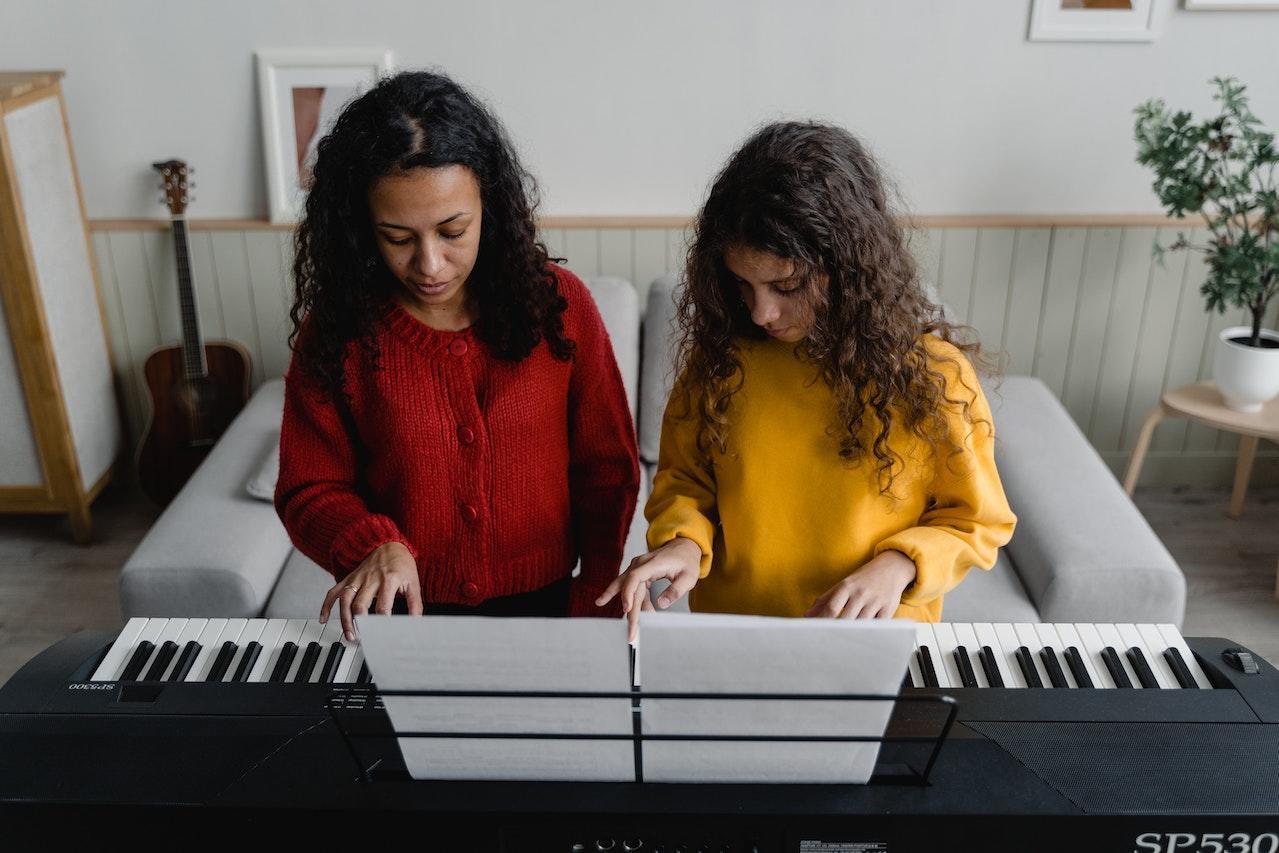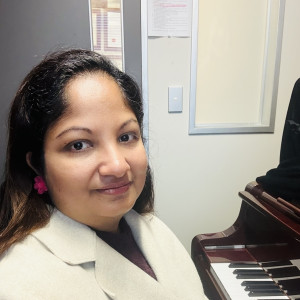Piano lessons are a popular choice for many individuals in New Zealand, whether for personal enjoyment or to pursue a career in music. However, As such, it is essential to have a comprehensive understanding of the cost of piano lessons in New Zealand to make informed decisions when seeking lessons to play the piano.

Cost of Private Piano Lessons
Private piano lessons are a bit of an investment. After all, a piano tutor has spent years and a lot of their own money to learn how to play, attend schooling, and purchase their own equipment to play.
The overall average cost of piano lessons in New Zealand is about $45-$55 per hour.
There are a few definitive factors that influence the rate a teacher charges:
Location
Location plays a huge factor in the cost of piano lessons. Do you or your instructor need to travel to meet up and practice? If your instructor needs to commute, you’ll likely need to pay for their time to come to your location.
Geographic
In the cities, where the cost of living is generally higher, private piano lessons can cost more compared to those in more rural areas.
You may also find that you don’t have a lot of, if any, choices of piano teachers if you live in a rural area, making it impossible shop around. And if that teacher has no availability, then you simply cannot take classes.
Online vs Face to Face
When you take virtual piano classes, you can ensure that you can find a teacher who suits your schedule and budget. Since they do not need to commute or provide you with equipment, these classes tend to cost less. You can find teachers who charge between $25-$45 online for a range of skill and instruction.
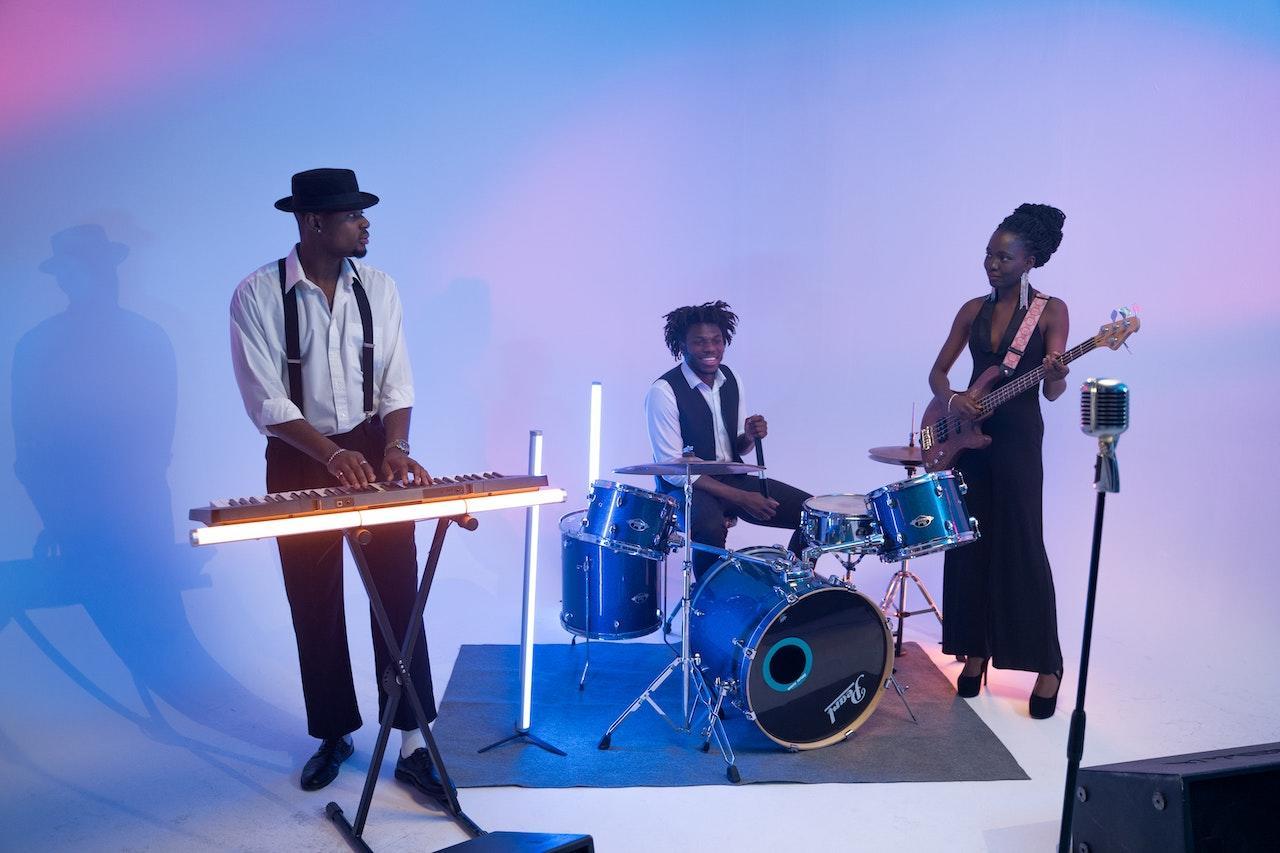
Teacher’s Experience and Credentials
But it's not just the location that impacts the cost of piano lessons. The experience of the teacher is also a crucial factor. A highly experienced teacher with a track record of producing successful students may charge more for their services than a newer teacher just starting.
Some piano teachers are self-taught pianists and don’t have any formal certification for teaching. This doesn’t mean that they are bad teachers! They might not know as much as a professional concert pianist, but, especially if you’re just starting out, they might be a good choice (make to sure to research!).
Casual Instruction
A casual piano tutor is great for beginners. They might not have any formal music education, but they’ve put in the work to learn on their own. They can teach you the basics of posture, how to read notes, how to play chords and notes, and other fundamentals of piano, as well as some tunes.
These are the instructors who might charge $20-$40 per hour.
Music Instruction
Tutors with formal education in music, like a bachelor’s degree in singing, music appreciation, or another instrument, might charge more since they can teach more about the concept of music in addition to how to play.
These tutors might charge $40-$60 per hour.
Professional Piano Instruction
A tutor with a bachelor’s degree in piano specifically can charge more, since they know the ins-and-outs of pianos as well as music composition, theory, and more.
They might charge $50-$80 per hour.
For a more educated pianist, for example a teacher with a master’s degree or who has performed professionally, might charge $70-$100 per hour.
Concert-Level Instruction
To gain the precision and skill needed to perform concert-quality piano, you’ll need a highly trained and experienced piano tutor. These teachers have comprehensive education in piano and music, plus experience teaching concert pianists.
A typical cost for these types of instructors could be anywhere from $80-$110 per hour with the most expensive being $300 per hour.
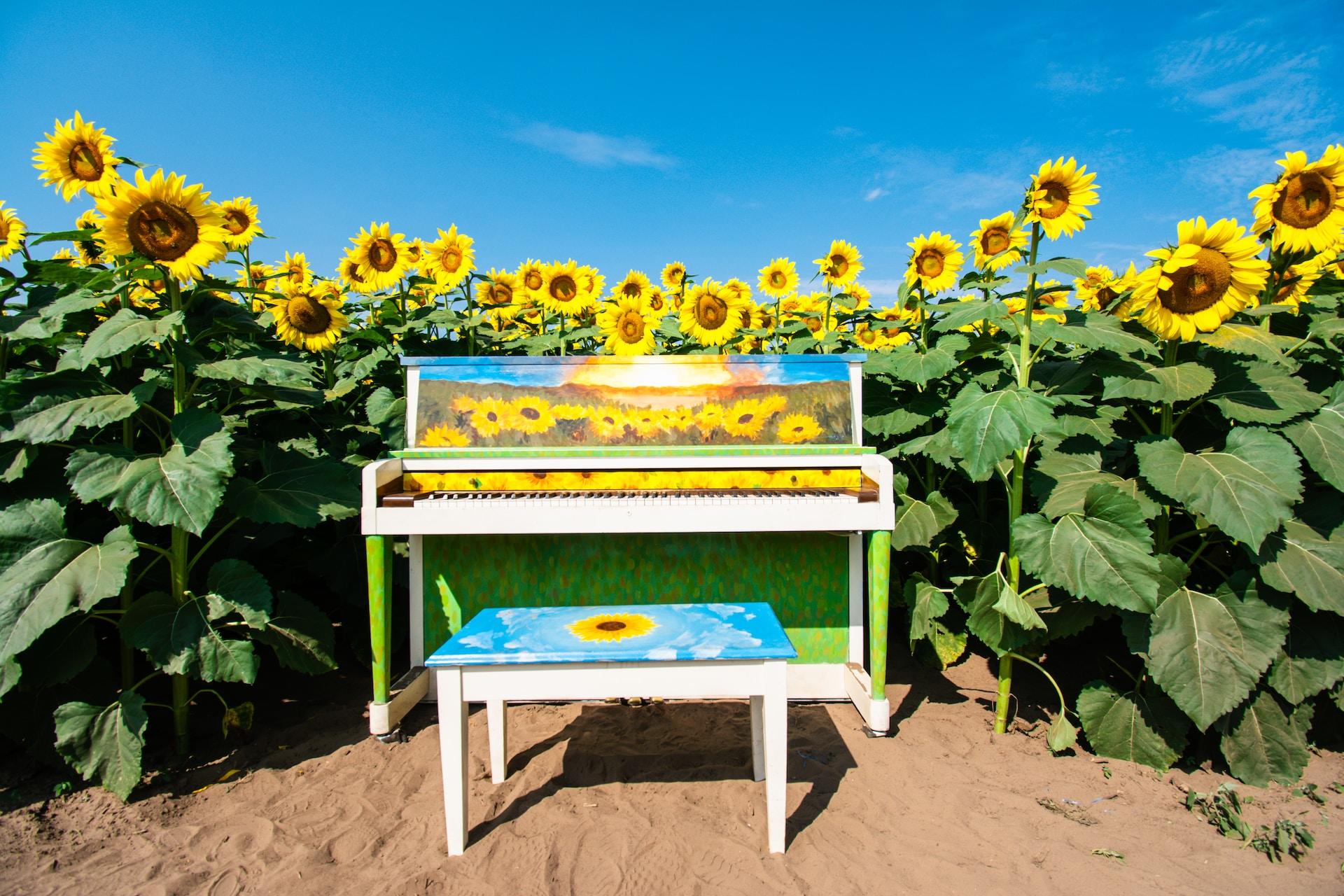
Equipment
If you don’t have anything to play on, you have a few choices.
The cheapest choice would be to practice using borrowed equipment, or maybe even take lessons at a piano-owner’s house so you can use their piano during lessons. You might also be able to borrow a keyboard from your teacher during your lessons or use the equipment at their home or studio if you practice there.
Otherwise, you’ll need to make the investment into buying or renting a keyboard or piano. And, if you want to make the most of your lessons, you’ll need to make sure you have something to practice on multiple times per week, not just when you’re with your teacher.
Piano Lessons for Children
Children’s piano classes tend to be cheaper because the fact is that they are mostly just developing their peripheral skills, rather than the piano specifically. Meaning, they are learning hand-eye coordination, general music concepts, maintaining attention, social skills, and other things like that. They may or may not improve at the piano, but that’s not the important part when they are young!
A casual child’s piano tutor might charge $20-$30 per half hour.
A more serious approach might cost $30 per half hour, but more lessons per week or month are required by the teacher.

How Much Can I Expect to Spend on Equipment to Learn Piano?
Investing in equipment can be a weighty decision. There are actually a few choices to consider when buying something to practise piano with!
Keyboard
The most budget-friendly option, you can find keyboards with 88 keys (the same amount as a piano) for as little as $200. If you’re more constrained than that, a 61-key digital keyboard can be purchased for $120-$160.
Digital Piano aka Hybrid Piano
A digital piano is like a keyboard, except it has weighted keys that mimic the feel of a real piano. If you want to play acoustic piano in the future, this is a great tool to use. There is a range in quality here, so the cheaper end is about $275 wile the more expensive models might be around $1000.
Acoustic Pianos
The classic acoustic piano! There are so many different models of piano to choose from. Each has it’s own aesthetic, feel, and sound. So if you’re going to buy an acoustic, do some research before committing!
The different styles include grand (which includes seven sizes from petit to concert), spinet, console, studio, and full upright.
A petit grand piano can cost between $3000 to $7000, and a concert grand piano can cost between $10,000 and a whopping $200,000! Obviously, this style is not the best if you’re on-the-fence about sticking with your piano instruction!
In the upright piano series, a spinet might cost between $1300 to $2500, and a full upright can cost $3000 to $7000 on average.
Keep in mind acoustic pianos need to be tuned regularly, which can cost a lot as well!
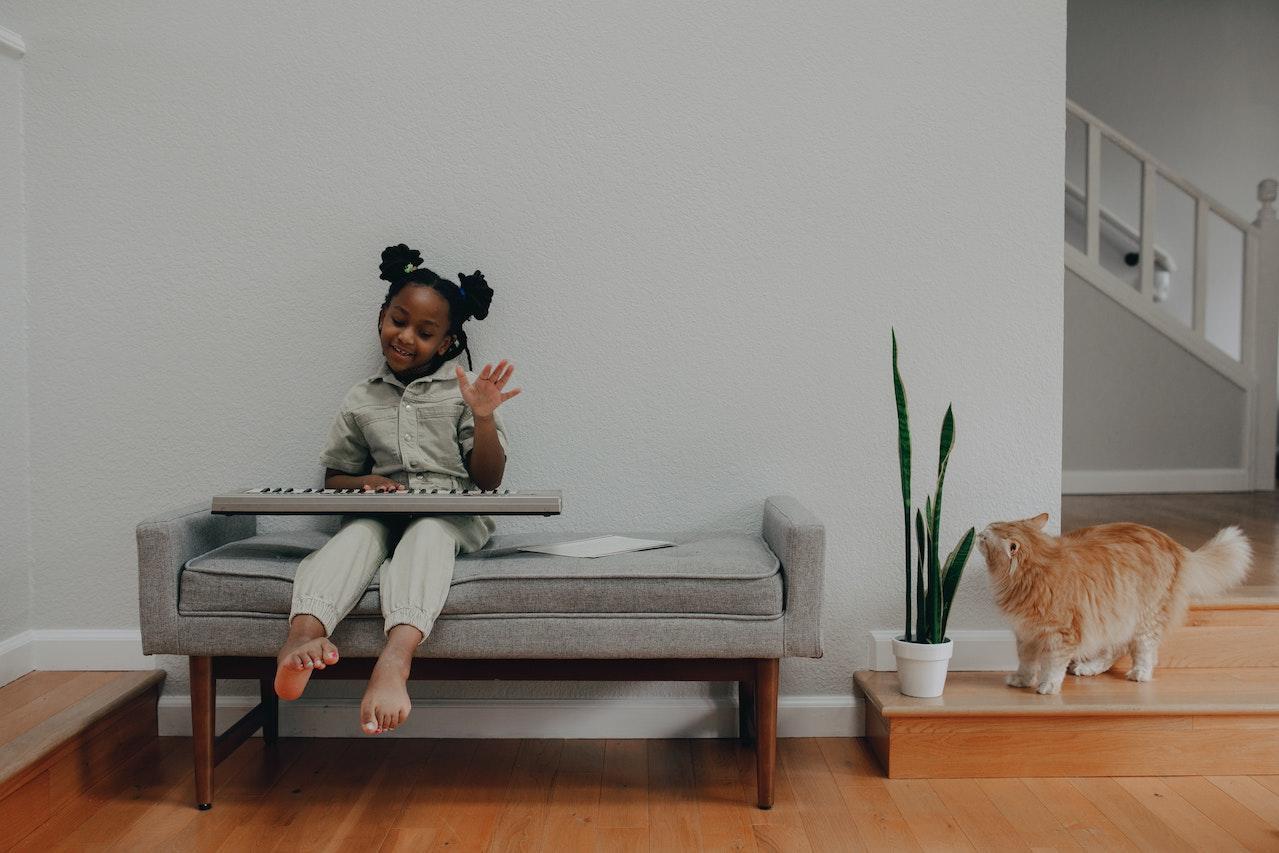
How Can You Save Money on Piano Lessons?
One way to save on piano lessons is to consider group lessons. You might have a group class at someone’s home or at a studio with the piano teacher. This can be a great solution for those who want the motivation that comes from learning with others. However, keep in mind that each student may not receive as much one-on-one instruction as they would in a traditional piano lesson.
You can find 10-week courses and summercamps at reasonable rates that are meant to teach kids piano in a set period of time while also giving them an unforgettable childhood memory!
Other methods to pay less for classes include asking to pay on a sliding scale, bartering or offering services like lawncare in return, and seeing if there are any scholarships or grants available to help fund your lessons.
“There are eighty-eight keys on a piano and within that, an entire universe.” ~ James Rhodes
Find a Private Piano Tutor on SuperProf
If you're passionate about music, private tutoring can be an excellent solution to improve your piano skills. Whether you're interested in jazz, classical music, or playing in a rock band, having a private piano teacher can provide you with the customized attention you need.
The main benefit of online tutoring is that you have access to tutors from all over your city (or the world!), and you can organize lessons directly with them. For instance, if you're looking to work on specific skills like singing and playing the piano simultaneously, you can find a teacher who specializes in that.
On the Superprof website, you can search through thousands of teachers in New Zealand and worldwide and book a piano lesson with them. You'll find all the information you need, including their qualifications, experience, reviews from other users, and rates to help you select the best teacher for you.
While piano lessons might be cost-intensive, they pay off for you in many ways. You get to learn music, have a passion and a hobby, and experience something that adds more meaning and joy to your life. So, if piano is a good fit for you, try finding a tutor today!
Summarise with AI:

